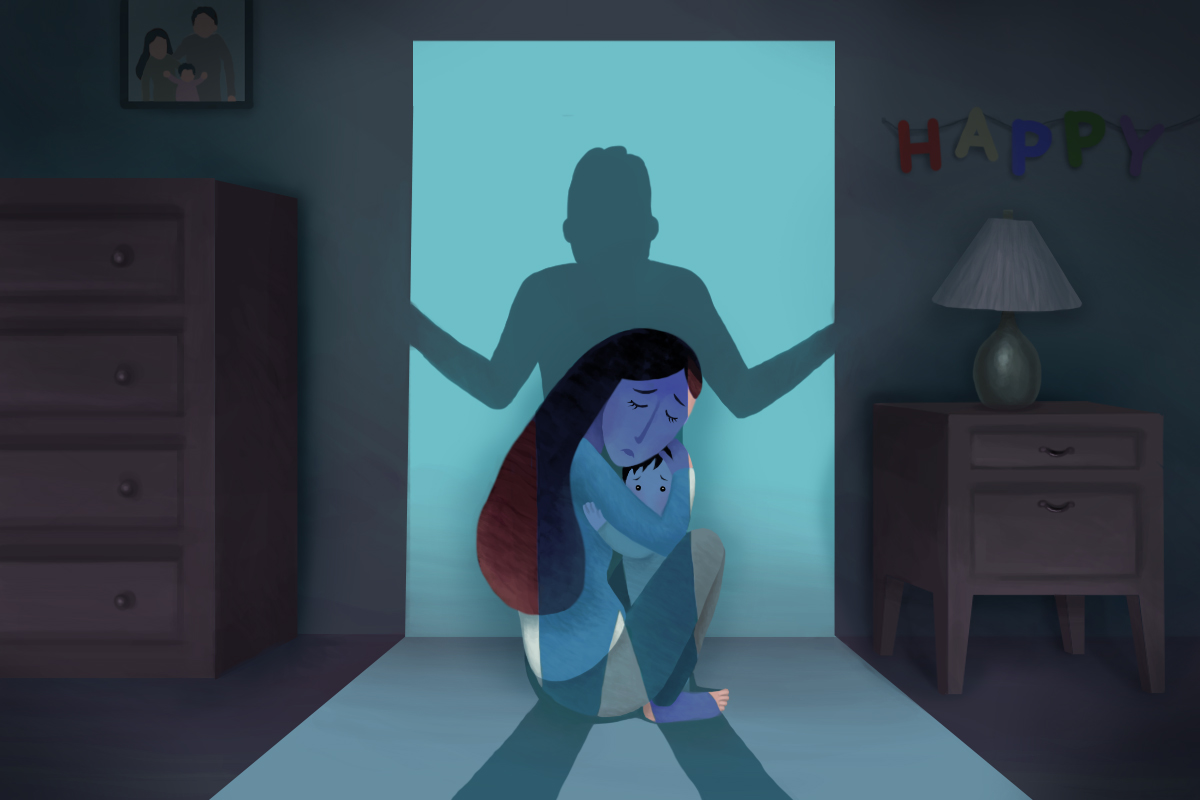Kids who witness violence at home are at risk to continue cycle as adults
Illustration: Division of Research
Nora Montalvo-Liendo, clinical assistant professor at the Texas A&M Health Science Center College of Nursing’s campus in McAllen, has dedicated her professional career to combating domestic violence through research that brings to light the impact of interpersonal violence on families exposed to such behavior, with a special emphasis on Mexican American populations.
“Children don’t have to be on the receiving end of violence to show these symptoms,” she says. “In fact, children who witness violence at home are also at higher risk for externalizing emotions and experience challenges with their social development, which can lead to a continuation of the cycle of violence.”
The cycle persists because many children exposed to violence don’t know how to express strong emotions, like anger or disappointment, in a healthy manner. Sadly, these violent eruptions are often directed at those they love the most.
In addition to externalizing their feelings, children exposed to violence can experience other problems that affect their overall health. Increased physical health issues, traumatic stress symptoms, and subsequent challenges with regulating emotions and responses to others have all been associated with exposure to interpersonal violence. Unfortunately, while there are many established services to help women cope with domestic violence and sexual assault, there are limited services for children.
“Our research will expand the services available to children and equip professionals with the most accurate information possible,” Montalvo-Liendo said. “We want to help both mothers and children in these situations get meaningful help to not only get out of violent situations, but to also prevent violence from continuing through the next generation. Our research seeks to stop the cycle of abuse.”
#TAMUresearch


